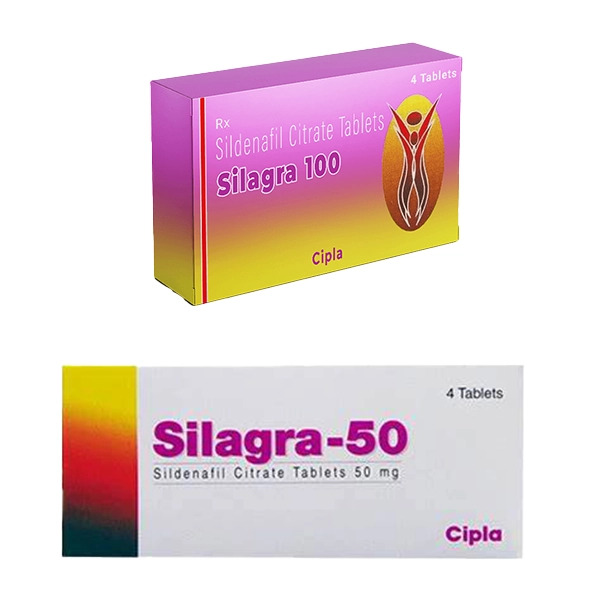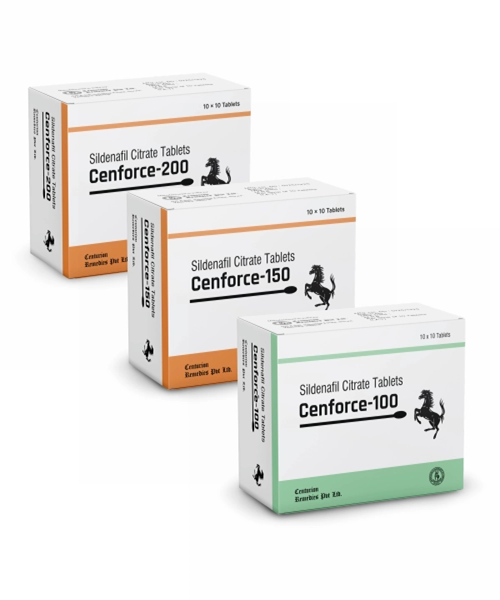
U.S. Fuel Cards Market Size, Trends & Forecast 2025–2034 | Industry Report
- puneet kumar
- Business
- 2025-07-29
- 1484K
The United States fuel cards market size was valued at approximately USD 92.43 billion in 2024. With the continued expansion of fleet operations, rising fuel costs, and a growing need for expense management tools, the market is expected to grow at a CAGR of 8.70% during the forecast period of 2025–2034. By 2034, the U.S. fuel cards industry is projected to reach a value of around USD 212.87 billion.
Fuel cards are playing an increasingly important role in how businesses and individuals manage transportation costs. With enhanced tracking features, fraud protection, and real-time reporting capabilities, fuel cards are no longer just payment tools—they are essential for operational efficiency, especially in fleet management.
Key Growth Drivers of the U.S. Fuel Cards Market
Rising adoption of fleet management systems across logistics, ride-hailing, and delivery services.
Surging fuel prices creating a greater need for fuel cost control and efficiency.
Digital transformation of payment systems, enabling integration with apps and telematics.
Tax reporting and compliance benefits that fuel cards offer for businesses.
Customized controls and analytics that help companies monitor employee spending.
Market Segmentation
By Type
Branded Fuel Cards
Issued by oil companies like Shell, BP, and ExxonMobil, branded fuel cards are accepted at specific fuel stations. These cards often offer volume-based discounts, loyalty rewards, and exclusive offers to their network of stations. They are ideal for companies with a preferred fuel brand or contract-based arrangements.
Universal Fuel Cards
These are accepted at multiple fuel stations and provide broader flexibility for drivers and businesses operating in different geographic areas. Universal fuel cards are preferred by large and diversified fleets, especially in industries with multi-state coverage.
Merchant Fuel Cards
These cards are generally tied to specific retailers or merchant networks such as grocery chains, wholesale clubs, or fuel station groups. They are primarily used by small fleets or individual drivers looking for convenience and occasional savings.
Other Fuel Cards
This category includes fleet management cards that combine fuel payments with vehicle maintenance, tolls, and roadside assistance. Some cards are issued in partnership with telematics providers or financial institutions.
By Application
Business Fleet
The business fleet segment is the largest user of fuel cards in the U.S. Delivery services, construction companies, logistics providers, taxi fleets, and field service businesses depend on fuel cards to manage costs, streamline expense tracking, and improve fleet productivity.
Individual Consumers
Fuel cards for personal use are gaining popularity due to cashback offers, fuel discounts, and the ability to manage personal fuel expenses more effectively. Consumers can use these cards to monitor consumption, set spending limits, and track transactions.
Other Applications
This segment includes governmental vehicles, nonprofit fleets, and public transport services, where budgeting and compliance requirements drive the use of fuel card systems.
By Region
New England
Urban centers and commercial hubs in states like Massachusetts and Connecticut are seeing a rise in fleet services, delivery startups, and ride-hailing platforms that benefit from fuel card systems.
Mideast
New York, Pennsylvania, and New Jersey represent a significant portion of demand due to their large transportation networks, corporate presence, and dense populations. High fuel prices in this region further accelerate card adoption.
Great Lakes
The logistics and manufacturing sectors in Ohio, Illinois, and Michigan contribute to fuel card growth through trucking companies and heavy-duty commercial fleets.
Plains
Agriculture, logistics, and interstate freight activity across the Plains states like Kansas, Iowa, and Missouri support fuel card penetration. Businesses in these regions benefit from fleet-wide fuel management.
Southeast
This region is a hotspot for logistics, last-mile delivery, and e-commerce fulfillment services. States like Georgia, Florida, and North Carolina are seeing rapid fuel card adoption for both business and gig economy fleets.
Southwest
Fuel-intensive operations such as oil and gas, construction, and regional freight in Texas, Arizona, and New Mexico fuel the need for cost control and fraud prevention, where fuel cards serve as a reliable solution.
Rocky Mountain
With challenging terrains and long distances between cities, fleet operators in states like Colorado and Utah use fuel cards to optimize routes, track expenses, and avoid overspending.
Far West
California, being a major logistics hub and a leader in sustainability, has both high fuel demand and strict emission norms. Fuel cards here are often integrated with EV charging services, carbon offset programs, and fleet monitoring systems.
Key Players in the U.S. Fuel Cards Market
WEX Inc.
A leading provider of corporate payment solutions, WEX offers comprehensive fuel card programs with customizable spending controls, detailed reporting, and integration with fleet management software.
FLEETCOR Technologies, Inc.
FleetCor offers a suite of fuel payment solutions including the well-known Fuelman and Comdata cards. They cater to businesses of all sizes with advanced analytics and fraud protection tools.
Shell Fleet Solutions
Shell’s branded fuel cards provide access to thousands of fuel stations nationwide. They offer volume-based savings, loyalty benefits, and tailored solutions for small and large businesses.
BP Fuel Cards
BP’s fuel cards include expense tracking, spending limits, and mobile payment capabilities. Their acceptance network and customer support make them a top choice for fleets in the U.S.
ExxonMobil
ExxonMobil offers flexible fuel card programs for both small and large businesses. Their fleet cards provide account management tools, expense tracking, and security features to manage fuel spending.
Other Providers
There are also numerous smaller and regional players, as well as financial institutions and retail chains that issue co-branded or independent fuel card solutions.
Industry Trends Shaping the Future
Integration with Fleet Telematics
Fuel cards are now commonly integrated with telematics platforms to enable GPS tracking, route optimization, and driver behavior analysis.
Rise of Electric and Alternative Fuel Vehicles
As EVs and hybrid fleets grow, fuel card providers are adding EV charging coverage, allowing companies to manage all energy-related expenses from a single platform.
Enhanced Fraud Protection
Fuel card issuers are improving security with chip technology, real-time alerts, and multi-level authentication, minimizing misuse and unauthorized purchases.
Mobile Fuel Management
Mobile apps linked to fuel card accounts now allow users to locate fuel stations, monitor account balances, and approve or restrict transactions on the go.
Dynamic Pricing and Rewards
Providers are introducing variable discount structures, cashback options, and dynamic pricing models that offer better savings based on usage, location, or fuel type.
Frequently Asked Questions
What is the current size of the U.S. fuel cards market?
The market was valued at USD 92.43 billion in 2024.
What is the expected market size by 2034?
It is projected to reach USD 212.87 billion by 2034.
Which types of fuel cards are used in the U.S.?
The main types are branded fuel cards, universal fuel cards, merchant fuel cards, and other multi-service cards.
Who are the major users of fuel cards?
Business fleets are the dominant users, followed by individual consumers and public sector operations.
Which companies lead the U.S. fuel cards industry?
Top players include WEX Inc., FLEETCOR Technologies, Shell Fleet Solutions, BP Fuel Cards, and ExxonMobil.
What benefits do fuel cards offer?
Fuel cards provide fuel discounts, expense tracking, spending controls, fraud protection, and reporting features that improve budget management and operational efficiency.
Media Contact:
Company Name: Claight Corporation
Email: sales@expertmarketresearch.com
Toll Free Number: +1-415-325-5166 | +44-702-402-5790
Address: 30 North Gould Street, Sheridan, WY 82801, USA
Website: https://www.expertmarketresearch.com
Leave a Reply
Please login to post a comment.












0 Comments